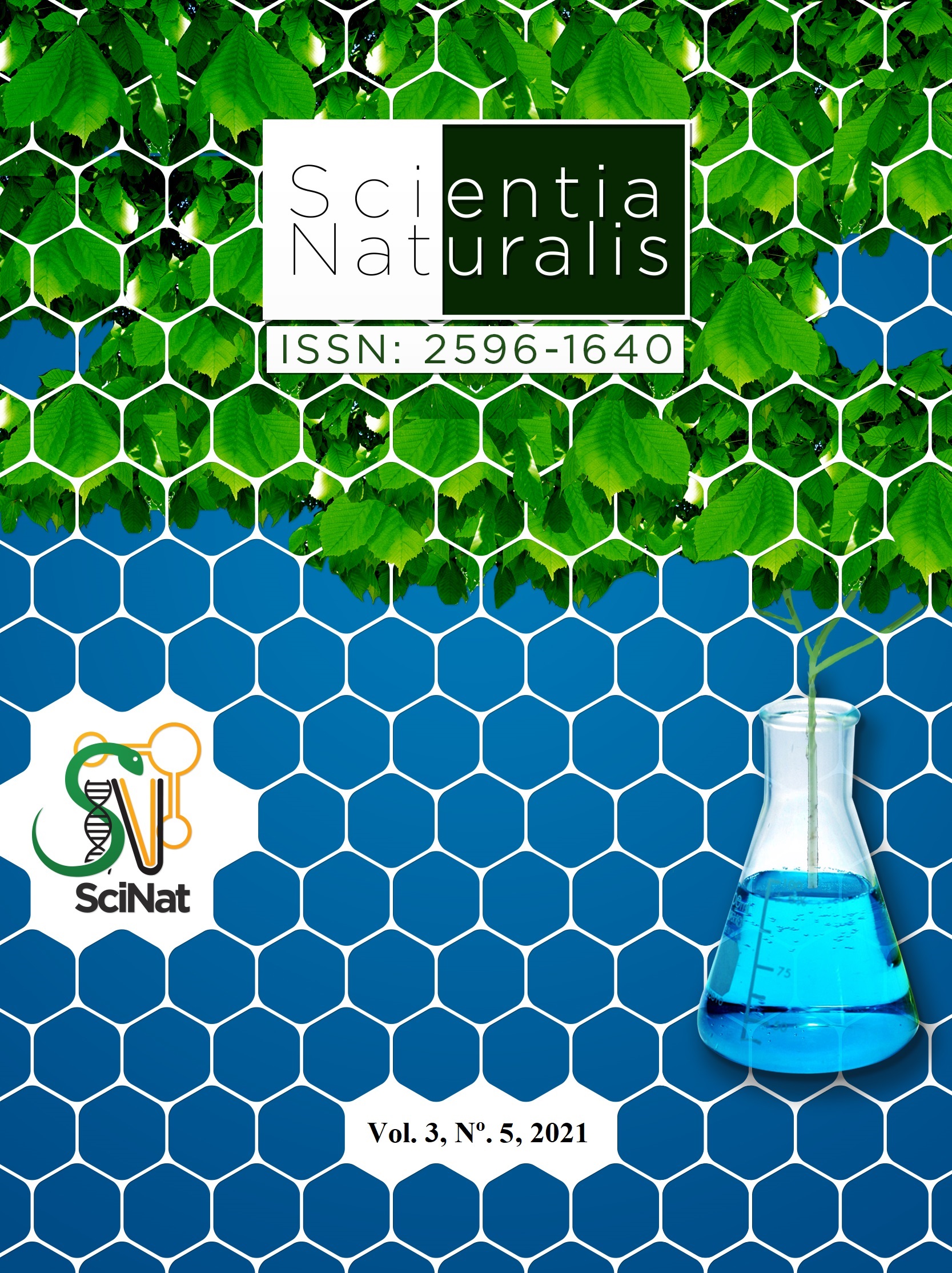Physiological responses of 6-benzylaminopurine on multiplication and indolebutyric acid on in vitro rooting of Eucalyptus dunnii Maiden
DOI:
https://doi.org/10.29327/269504.3.5-13Abstract
Eucalyptus dunnii Maiden is a wood species of wide interest and use in southern Brazil due to its adaptation to the cold climate. Low seed production favors use of plant tissue culture techniques for propagation. The objective of this work was to establish in vitro multiplication of E. dunnii, using micropropagation technique via direct organogenesis, evaluating different concentrations of 6-benzylaminopurine (BAP) in multiplication of the stem and cotyledon nodal segments, in addition to effect of different concentrations of indolebutyric acid (IBA) at rooting. After 30 days of culture, stem nodal segments had an increase in the percentage of shoots when subjected to low concentrations of BAP, while for the cotyledon nodal segments the absence of growth regulator and the use of a concentration of 2.0 mg L-1 of BAP showed the highest percentage of shoot formation. The increase in IBA concentration promoted increase in number of adventitious roots. In vitro propagation of E. dunnii using BAP and IBAare a viable protocol.




